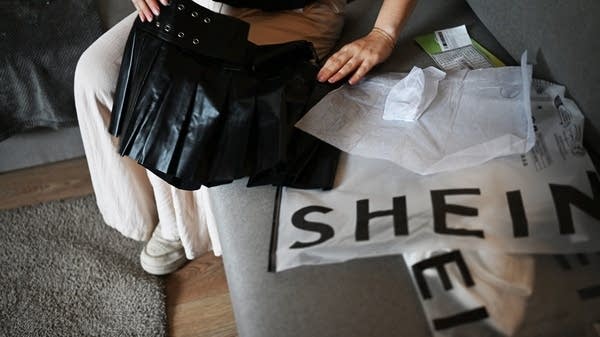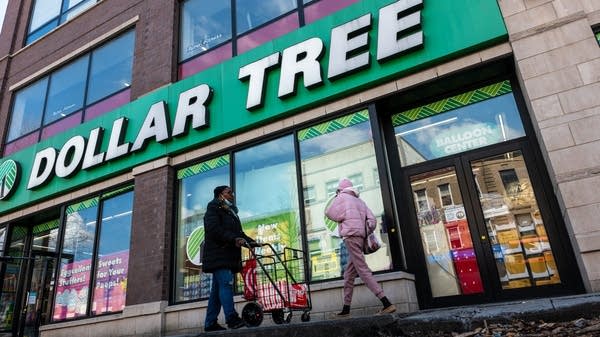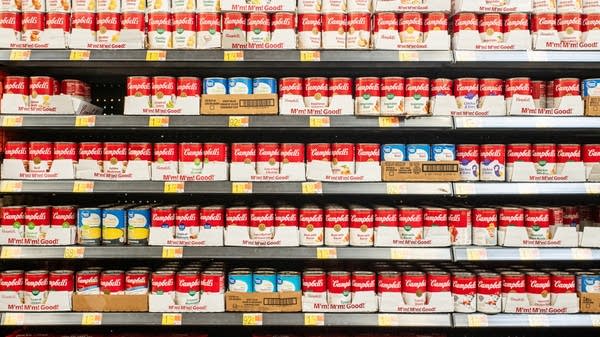Some retailers are already raising prices because of the president's tariffs
Shein and Temu are among those that have hiked prices.

We’ll be getting lots of data this week that will help give us a sense of how the trade war is affecting this economy.
We’ll get snapshots of how it was doing before the president’s so-called “liberation day” tariff rollout: March’s balance of trade, gross domestic product numbers, and Personal Consumption Expenditures Price Index.
We’ll also get more recent glimpses from April’s jobs report and the Conference Board’s consumer confidence survey for the month that’s just ending.
We already got a preview of what’s probably down the pike on the inflation front: Shein and Temu, which largely ship from China, raised prices to account for tariffs.
Companies usually wait as long as they can to raise prices. But Scott Lincicome, vice president of trade at the Cato Institute, said many firms have already hit their breaking point.
“It’s quite rational to preemptively raise prices because you’re going to need the capital to cover the eventual tariff payment,” said Lincicome.
Tariffs are taxes owed today on goods sold tomorrow.
The next big change to tariff policy comes Friday, when the de minimis exemption is set to end. That’s a rule that allows parcels worth $800 or less to be imported tax-free. More than 90% of cargo enters the U.S. this way, according to the U.S. Customs and Border Protection. And it’s key to the business plans of Shein and Temu.
“You know, we’re really reaching a crunch time with all of this,” said Lincicome.
Maybe tariff policy will soften. Maybe it’ll become more extreme. Either way, importers can’t wait forever. They have to start making decisions on pricing.
“I think one of the strategies that they could be employing is to use more of a dynamic pricing model,” or adjusting prices based on supply and demand as companies gauge how consumers respond to sticker shock, said Diana Smith, who directs retail and ecommerce at Mintel.
Jason Miller, a professor of supply chain management at Michigan State, said that will also influence inventory strategy.
“Importers are likely to only bring in the best selling items for which they make a strong margin for,” said Miller.
It means our selection of toys and toasters may shrink. And Miller said eventually, as the supply of merchandise retailers stocked up on to get ahead of tariffs dwindles, more companies will increase prices.
“A couple more months and we will certainly start to see an impact,” said Miller.
There’s also less cargo coming in through West Coast ports than there was a year ago. That could mean supply shortages and even more inflationary pressure down the line.













